Bronchodilator
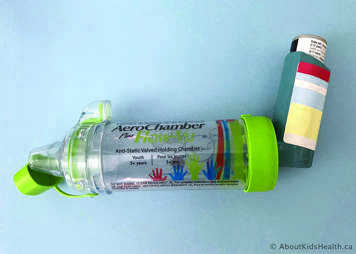
This medication relaxes the muscles around the airways to open them up quickly. It allows your airways to be open to help you take in larger breaths and clear your mucus. Take this puffer before using hypertonic saline, if prescribed, or before your physiotherapy.
Hypertonic saline (7%) - salty mask
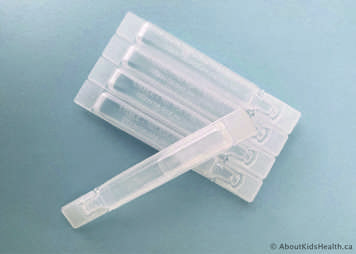
Hypertonic saline is water with a higher salt content. When you breathe it in, it helps to draw water into the mucus in the lungs and makes it easier to cough the mucous out. When you use hypertonic saline, it may make you cough. It also helps to make the mucus more watery so it is easier to cough up the mucus and keep your airways clearer. This helps you breathe easier so you can have more energy to do more activities. Use hypertonic saline after the bronchodilator and before your physiotherapy.
Dornase Alfa (Pulmozyme)
Dornase is a nebulized medication that works like scissors to cut the bonds in the mucus in your lungs to make it less sticky. It thins the mucus to make it easier for you to move it up the airways and cough it out. Coughing out the mucus will give you more energy to do physical activity. Take this medication 30 minutes before physiotherapy or right after physiotherapy.
Inhaled corticosteroids
This puffer controls inflammation or swelling in the airways. Take it after your physiotherapy if it has been prescribed.
Nasal corticosteroids (e.g., Avamys, Omnaris, Nasonex, Flonase)
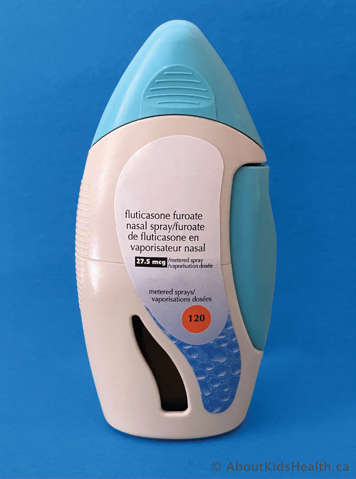
Nasal corticosteroids control inflammation or swelling in your nose due to nasal polyps or allergies. Take it as prescribed by your doctor.
Oral antibiotics
Oral antibiotics (taken by mouth) help to fight lung infections caused by bacteria. Take these as prescribed by your doctor.
Inhaled antibiotics
Inhaled antibiotics (breathed in) help to fight lung infections caused by bacteria. Take this medication as prescribed by your doctor after you do your airway clearance.
CFTR modulator therapy (e.g., Orkambi, Kalydeco, Trikafta)
These medications help address the underlying problem of CF. You need to take it with a fat-containing meal. Take it as prescribed by your doctor.
Enzymes
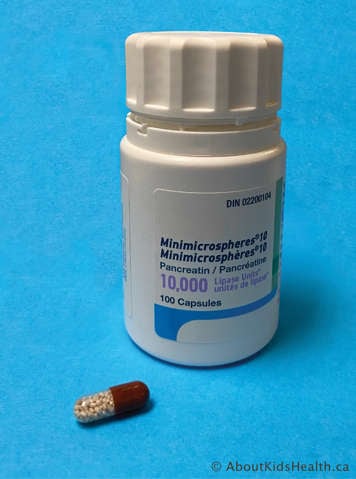
Enzymes help you to digest and absorb the nutrients from the food that you eat, especially snacks or meals that contain fat or protein. Take enzymes before you eat, as instructed by your health-care provider.
Multivitamins
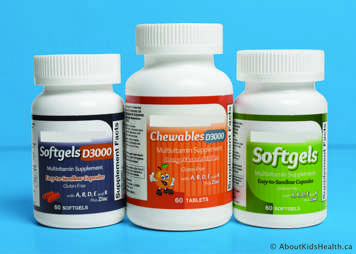
Many people with CF will not get enough vitamins from regular food and taking vitamins helps to provide the vitamins needed for your health. Take these as recommended by your health-care provider.
Polyethylene Glycol 3350 (e.g., Restoralax)
This medication helps to draw water into your gut. This makes it easier for you to have a bowel movement. It is taken with a glass of fluid and you should stay well-hydrated throughout the day. This medication needs you to drink fluids for it to work.
Some medications can affect how others work. Make sure you ask your health-care team if you have any questions. At every clinic visit, all the medications that you are taking will be reviewed.







